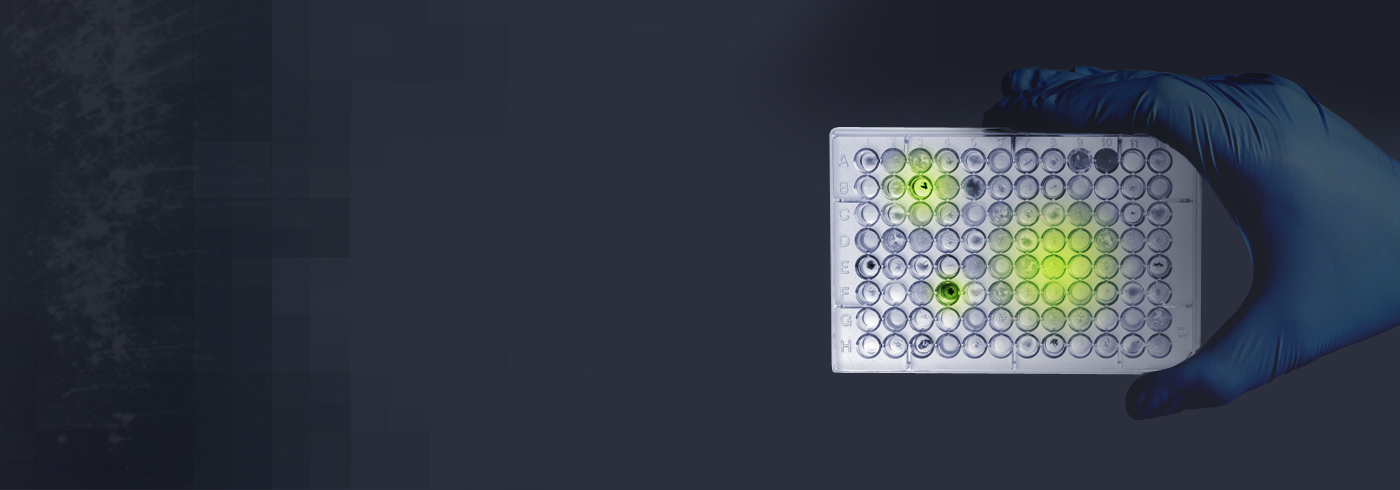
Check back often to find the latest news on AgeneBio and our pipeline of multiple candidates.
March 12, 2024
AgeneBio leadership presents at American Society for Experimental Neurotherapeutics Annual Meeting
AGB101 for the treatment of neuropsychiatric symptoms in Parkinson’s disease
Presenter: Arnold Bakker, Ph.D., Johns Hopkins University
Abstract Authors: Arnold Bakker, Gregory Pontone, Richard Mohs, Michela Gallagher
Poster Presentation
Hippocampal hyperactivity is a pathological hallmark of Alzheimer’s disease (AD) and a prognostic indicator of AD progression and clinical cognitive worsening in amnestic mild cognitive impairment (aMCI). Clinical studies testing the efficacy of AGB101, a proprietary extended-release formulation of low dose levetiracetam, have shown benefit in prodromal AD normalizing hippocampal hyperactivity and significantly improving memory function in these participants. Here we present preliminary neuroimaging data suggesting the condition of hippocampal overactivity also contributes to cognitive impairment in other conditions including neuropsychiatric symptoms in patients with Parkinson’s disease (PD). Therefore, the HOPE4PD randomized controlled clinical trial was initiated to assess the efficacy of AGB101 treatment in patients experiencing neuropsychiatric symptoms in PD. Enrolled participants are randomly assigned to one of two treatment phases consisting of either six weeks of once-daily AGB101 treatment or six weeks of placebo treatment in a cross-over design. After a four-week washout period, participants complete the other treatment as the second treatment phase. High-resolution functional MRI scans are completed at the end of each phase to assess hippocampal hyperactivity in combination with the mnemonic similarity task to assess hippocampus dependent episodic memory function and the e-SAPS to assess neuropsychiatric symptoms in PD. Results from this study will provide insight into the clinical significance of hippocampal overactivity in neuropsychiatric symptoms in PD and assess the therapeutic efficacy of AGB101 in this condition.
Positive allosteric modulation of GABAA α5 receptors improves memory performance of rats with conditions of hippocampal hyperactivity
Presenter: Ming-Teng Koh, Ph.D., Johns Hopkins University
Abstract Authors: Ming Teng Koh, Sharon Rosenzweig-Lipson, Michela Gallagher
The α5 GABAA subtype of receptor has a restricted localization in the mammalian forebrain and is most enriched in the hippocampal formation. Many drug development programs targeting those receptors in the past focused on negative allosteric modulators on the premise that reducing inhibition would boost hippocampal-dependent cognition. It is now recognized that aberrant neural hyperactivity occurs in the hippocampal formation across the spectrum of cognitive impairment in aging and is further augmented in many laboratory models of prodromal Alzheimer’s disease. Here we report on the behavioral pharmacology of two selective positive allosteric modulators (PAMs) at α5 GABAA receptors developed to target and normalize hippocampal overactivity that meet key in vitro and in vivo drug discovery criteria with strong potential for translational development as therapeutic agents. The lead PAM in the first series, BPN-27473, improved behavioral performance in both age-related hippocampal-dependent memory impairment in outbred Long-Evans rats and similarly improved behavioral performance in a condition of hippocampal hyperactivity in rats induced by developmental treatment with ketamine. In a second series, the lead PAM, AGB-4203 (a highly selective and more potent α5 PAM), replicated the pro-cognitive efficacy of BPN-27473 in neurocognitive aging.

